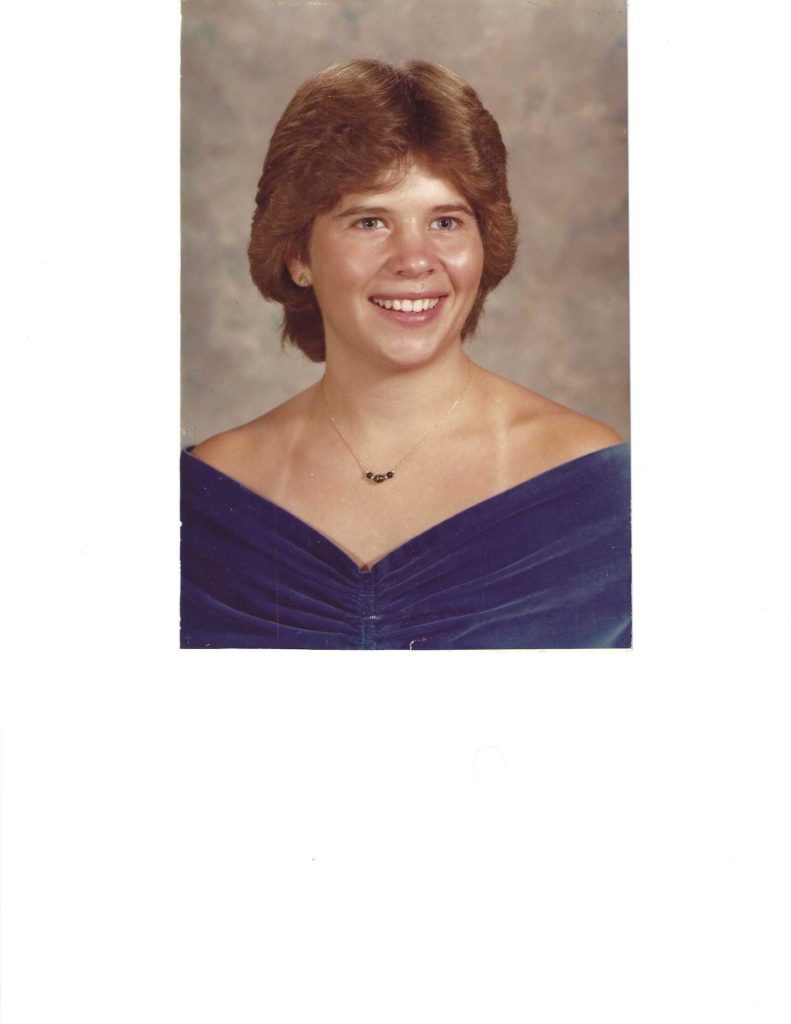
Anniversary: Early October is always a tough week for us. October 2, 2001, as our nation was coping with 9/11, I received a call from our son-in law, Shawn. Our daughter Dawn was killed when a trash truck ran a stop sign and hit her on her way to work.
The memory and hurt never go away. The anniversary date is a big stimulus for the pain. It does not help that this week included National Daughter’s Day on Facebook.
After her death, we got very good advice from Scott’s wife Laura: celebrate the living. That is why our family and friends are so important to us. We celebrate you and thank you for your love and support.
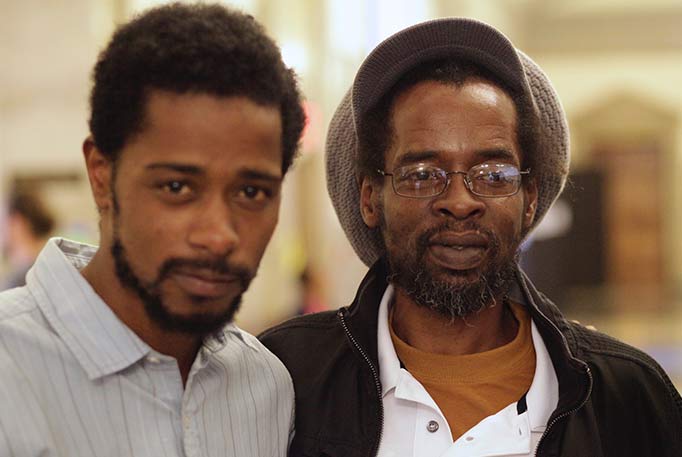
Innocent until proven guilty: I believe in the rule of law, in the police, in punishment and in prisons. I am not a “defund the police” person. Some people fear being pulled over by the police; on the other hand imagine the police man or woman’s fear when they answer a call to a domestic disturbance or shooting in a high-crime neighborhood.
Having said that, I believe we need to constantly examine our judicial system and be open to improvements. I want to share several personal experiences which have helped my understanding of why some people struggle with the judicial system and why I support the continual examination of our judicial system for improvement.
First, my interest in the issue was stimulated by a film Jeny and I watched last week. “Crown Heights.” is an excellent movie based on the real-life experiences of Colin Warner. He was a poor immigrant, from Trinidad. The failure of our judicial system for the poor was clearly demonstrated in the film.
In my opinion, the movie is a realistic portrayal of facts and not a hatchet job. The movie shows issues with detectives, with lawyers and with peers.
He was wrongfully imprisoned for murder. He was in prison for 21 years. He would still be in prison if not for the concern of a friend, Carl King, who at great cost spent years trying to prove his innocence.
In addition to the many other lessons, the one that leapt out to me was the knowledge that if Colin had been convicted in other states, in all likelihood he would have been executed before his innocence was established.
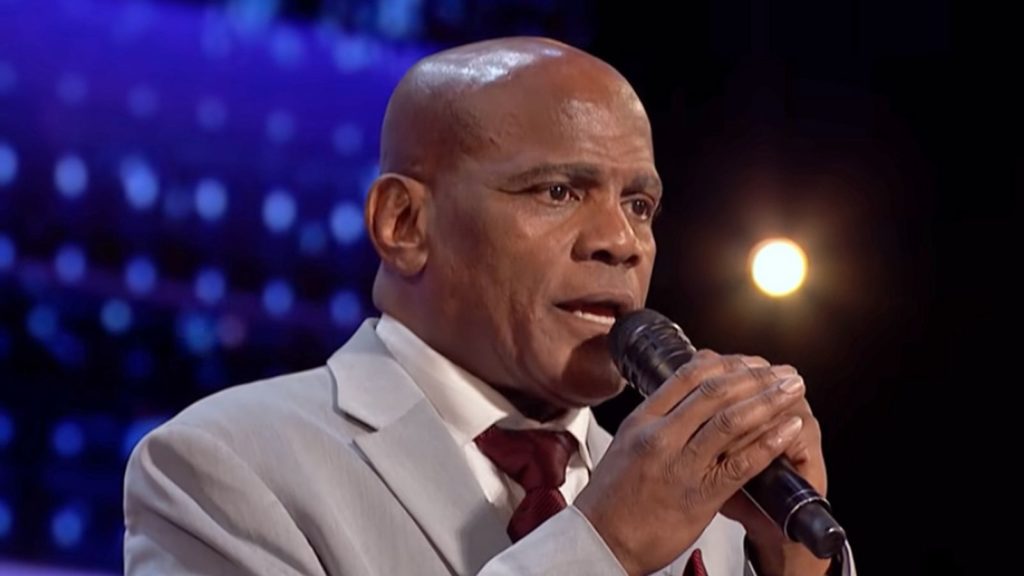
More Innocence: Next, my interest was heightened by a contestant on one of Jeny’s favorite television shows. Last week Archie Williams was a finalist on America’s Got Talent.
Archie served 37 years in a Louisiana prison for a rape he did not commit. He is free only because of improved technology and the hard work of the Innocence Project. Again, poverty played a major role in the conviction.
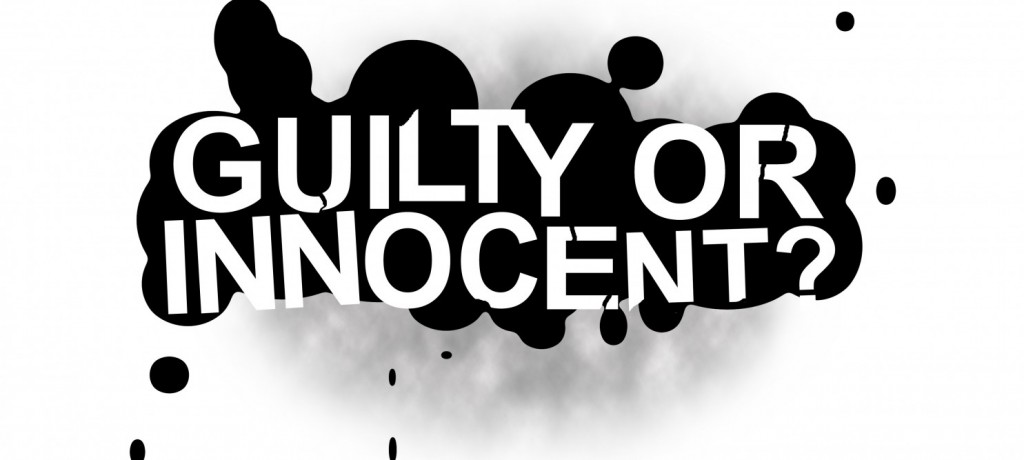
The experiences of Colin Warner and Archie Williams brought back memories of a woman who is a good friend of a man I trust. He knew her well.
The woman was asked by a cousin in Detroit if he could mail a package to her apartment. She agreed.
The Feds were monitoring the cousin and the package. When the package arrived, she was arrested for conspiracy to distribute cocaine. She was a college-educated, employed woman with no drug activity. She was not a part of any conspiracy; she was doing a favor for a relative and had no knowledge of the contents of the package.
The cousin was promised a reduced sentence if he testified against her. The strategy can be a good strategy, but also can contribute to innocent people being imprisoned. In this case, the cousin took the deal, lied on the stand, got a reduced sentence and she served eight years in federal prison.
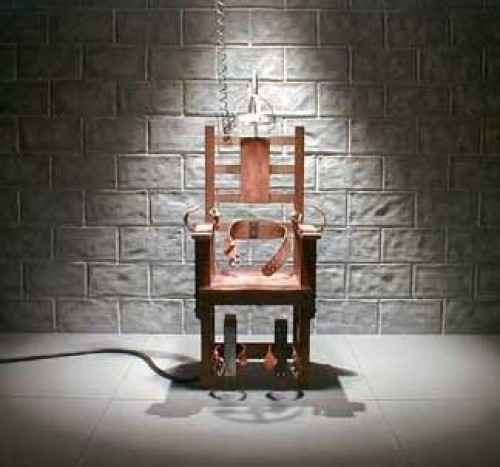
Capital Punishment: I my musings I further reflected on two books I have read. Years ago, I read “88 men and Two Women,” written by Clinton Duff and published in 1962. He was the warden of San Quentin prison. He oversaw 90 executions.
His story shows the humanity of some condemned people. He also raises several excellent questions about the death penalty. Although the book is old, I highly recommend reading it. You can read it free on line.
The very important point I took from the book is – only one person who was executed had money. The one person was Caryl Chessman. He was poor when he came to prison, but got rich on book sales. All the rest died poor.
The book increased my awareness of the inequities money brings to our judicial system. Poor people do not have the same resources for defense as rich people. As a result, more poor people are imprisoned who are innocent. More rich people escape punishment who are guilty.
In my opinion, we should be very, very careful about any execution.
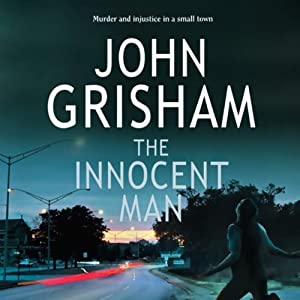
A little more: Another good read is The Innocent Man by John Grisham; I highly recommend it. He writes a non-fiction book of a murder and trial in Ada Oklahoma. He shows how innocent people are convicted, even in small towns in America.
One last point about examining our judicial system, I grew up in Wichita, Kansas the home of Koch Industries. Most people are aware of the highly conservative leaning of the Koch brothers. Thus, it may come as a surprise that rather than pushing for more law and order, they have been pushing for judicial reforms. Even the far-right Koch brothers believe we need judicial reform.
In Conclusion: Today’s musings lead me to two thoughts:
- As I have argued before, I find the disproportional problems with the judicial system experienced by poor people are not explained by whiteness or race. I believe power and the distribution of wealth are primary factors.
- Everyone, myself included, faces a serious moral question: Given a choice would I prefer an innocent person be imprisoned to assure more guilty people go to prison, or would I rather more guilty go free in the attempt to reduce the likelihood innocent people are not imprisoned?
What are your thoughts?
Stat safe.
Peace
Jerry
0 Comments